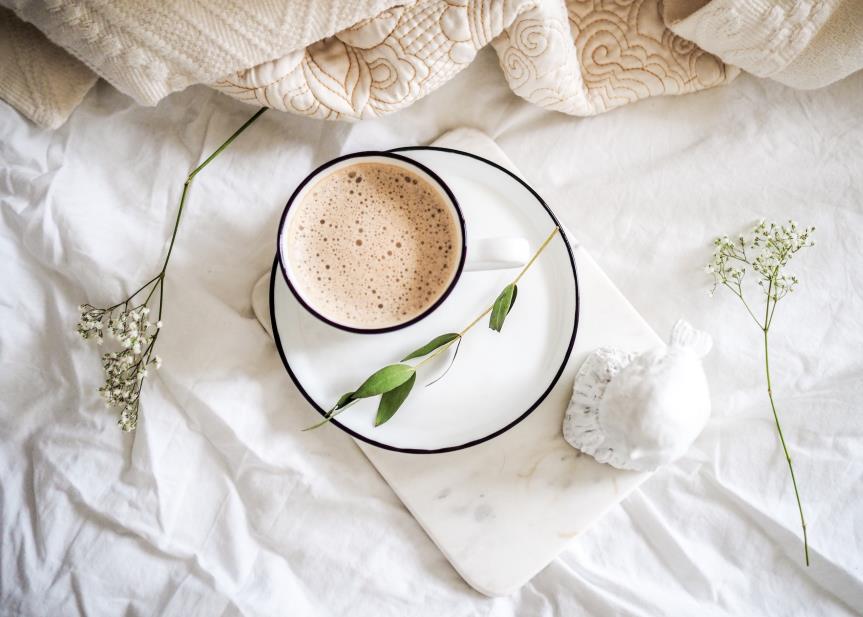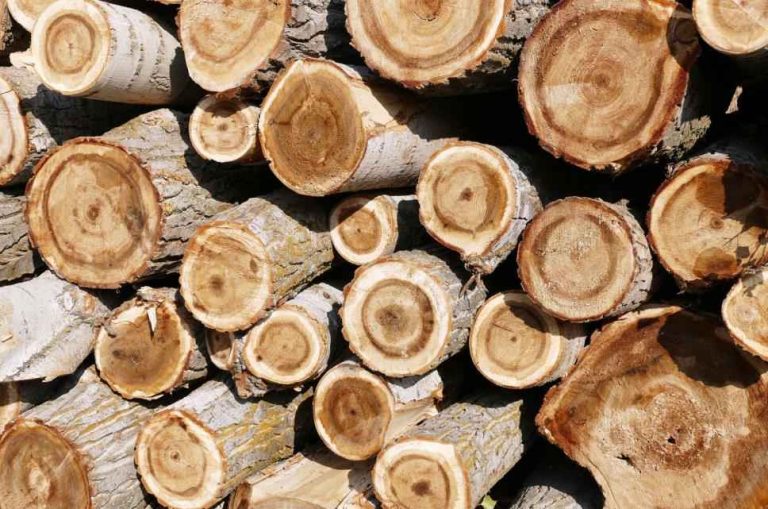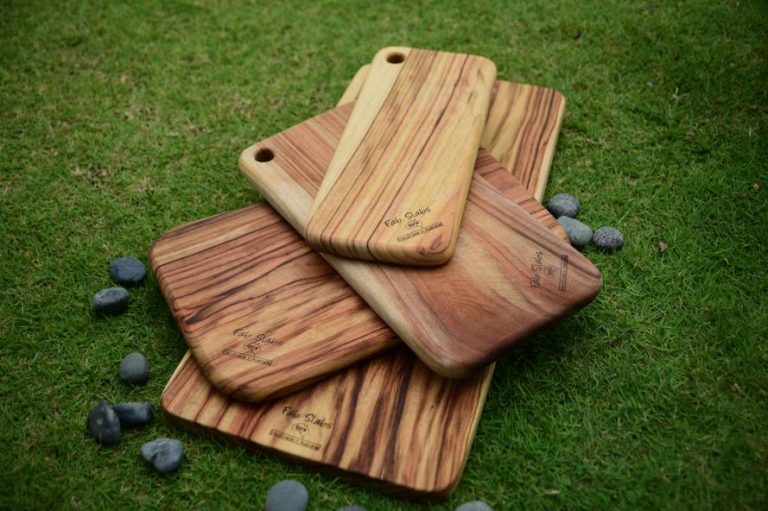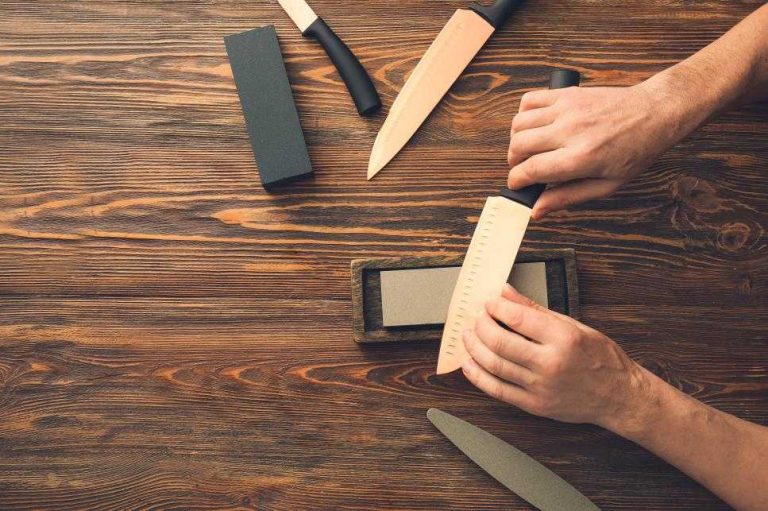Cutting boards are important kitchen tools because they serve as receptacles for cutting and slicing meats, vegetables, and spices. Homeowners consider them valuable investments when it comes to preparing food.
One of the most common questions we get asked is whether marble cutting boards are good enough for chopping needs. In today’s article, we aim to answer the question in detail and demystify marble cutting boards. Read on to find out.
Knife shop owners know that their customers will need to have cutting boards in their kitchens. Offering their clients multiple types of cutting boards is the most logical step toward increasing customer satisfaction and sales.
But are marble cutting boards the best option? Let’s check their pros and cons.
5 Benefits of marble cutting boards
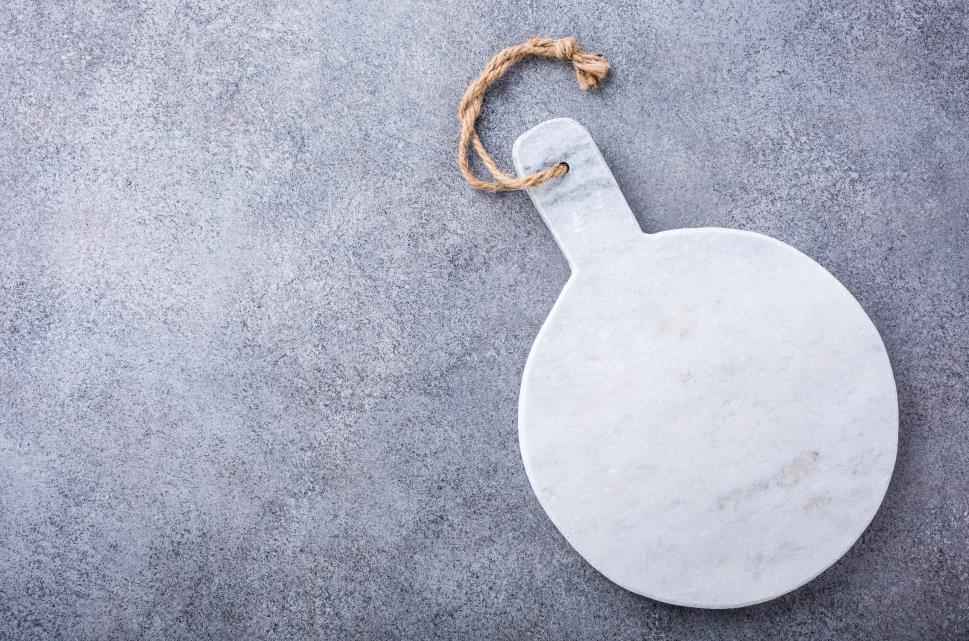
Cutting boards made from wood are the most common option among homecooks. They are the most popular option as well! However, if you’re looking for durability and beauty, marble is your material.
This type of cutting board is known for being strong and incredibly tough. The non-porous quality of the stone makes it one of the most hygienic materials for cutting boards. As a result, marble cutting boards possess the following advantages:
Strength
Marble cutting boards can last for generations, especially when maintained well. It does not wear or tear easily, making them highly resistant to damage.
Since they are less likely to break as a result of daily abuse, marble cutting boards have become quite popular with many homeowners.
Maintenance
Marble cutting boards are very easy to clean. The smooth and hard surface requires minimal cleanup without using any harsh chemicals. Its non-porous surface means that there are minimal risks of material warping or deforming. Simply wash with good dish soap, rinse with warm water, and dry.
You can even use a paste made from water and baking soda to clean a marble board. Remember it is a mildly abrasive material, when cleaning with it, use it sparingly.
Dries easily
Unlike its wooden counterpart, a marble cutting board dries very quickly. Since the material is non-porous, it is impossible for water to penetrate and harbor bacteria.
This makes cleaning and drying very easy and convenient as it can dry within a matter of seconds.
Versatility
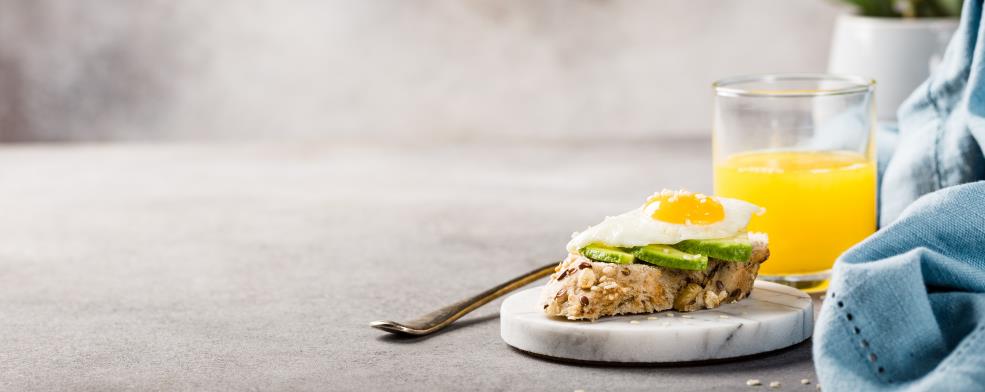
Its smooth and shiny surface means that food and food particles are highly unlikely to stick. That makes them great for displaying or preparing and showcasing food.
The surface of a marble cutting board makes it perfect for serving dishes and displaying exquisite desserts. Since marble does not absorb liquids, homeowners can be assured that their food is safe from inherent toxins.
Aesthetically pleasing
No one can argue how marble cutting boards instantly lend a touch of class and elegance. They can enhance any kitchen with their beautiful patterns and colors, even when just displayed and not in use.
No material is perfect though. Despite their elegance, marble cutting boards do have some downsides.
Buy Wholesale Cutting Boards and Start Scaling up with Us Today
Contact us and connect with a sales rep to get a free quote.
5 Disadvantages of using marble cutting boards
Because marble is so hard, it can be a challenge for some to use it correctly. As a knife shop owner, you should consider how marble can be disadvantageous for some uses to lessen any customer concerns.
Let’s look at the drawbacks of using a marble cutting board:
Dulls knives
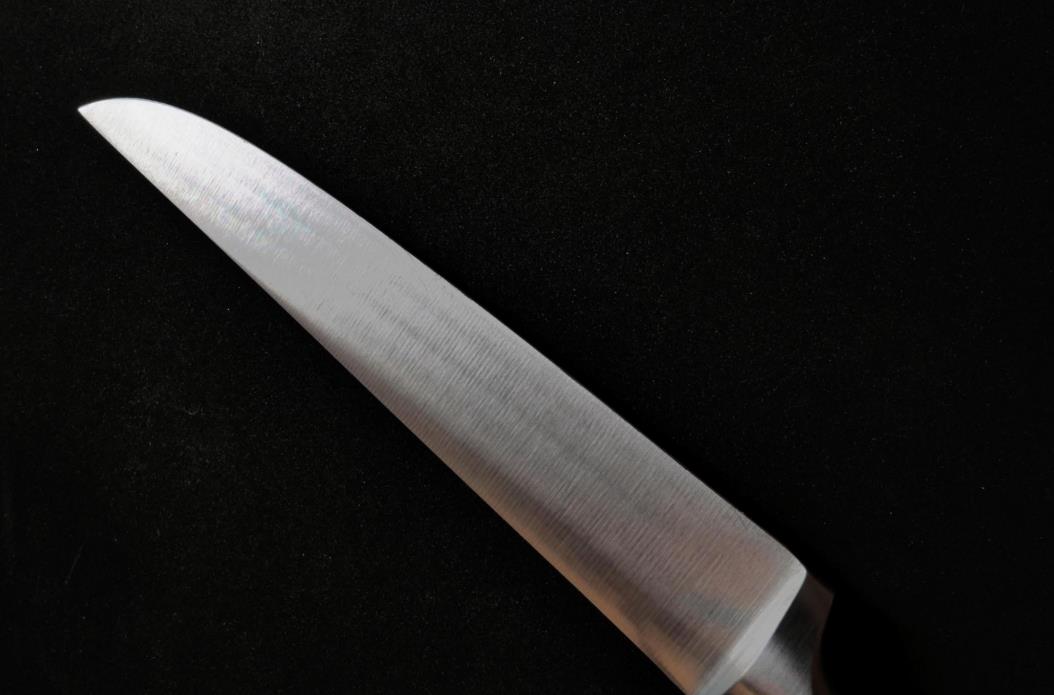
Marble cutting boards can easily damage a knife’s edge by making it dull, no matter the quality of the blade. This happens when the sharp edge of a knife comes into contact with the hard surface of a marble cutting board. It’ll raise many after-sale issues at a seller’s end. And as a result, homeowners tend to spend more time sharpening their knives or buying new ones.
Prone to accidents
Unlike wood, the smooth and shiny surface of a marble cutting board can present a safety issue especially when it’s wet. It can take time to master the technique of using slippery marble cutting boards properly.
The lack of friction means that homeowners need to be more careful when handling knives and marble cutting boards. Doing so can require extra time and energy when working with these cutting boards.
Expensive
Materials made of marble tend to cost more, and cutting boards are no exception. Even if they cost initially, homeowners think of them as investments as they last decades and generations.
Risk of damage
Even if it is non-porous, hard, and durable, a marble cutting board can still be vulnerable to damage. When a sharp knife working on a piece of raw meat bangs on its surface with a forceful impact, a marble cutting board can break.
Additionally, marble cutting boards can easily crack when exposed to hot water used in dishwashing machines. To avoid cracking marble cutting boards, it’s always advised that one should handwash them.
Possible toxicity
Marble cutting boards should be naturally polished instead of being chemically treated and sealed. When they are presented with chemicals, these could transfer onto food as contaminants.
When purchasing marble cutting boards, always ensure with the sellers or manufacturers that they are not chemically treated or sealed in any way. Food safety should always be a priority for you and your clients.
Can you use marble as a cutting board?
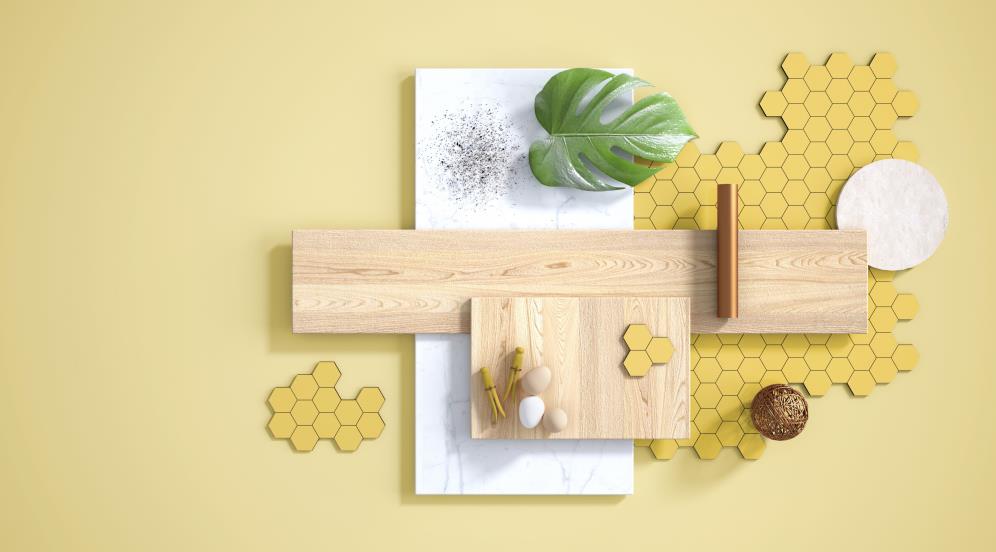
You certainly can, but we highly recommend you avoid using marble as a cutting board. While pure marble slabs are durable and stunning materials, they’ll easily break a knife and cause a catastrophe.
What’s the best use for a marble board?
Being a bad cutting board material does not stop marble from earning a place in other kitchen products, though. They are quite a popular option for making charcuterie boards or breakfast trays. Serving desserts or snacks on an exquisitely-made marble board can never disappoint.
Chefs also use their marble boards to knead the dough for pastries and pasta. Marble itself has a low-temperature surface that can quickly cool down heating ingredients.
What materials are good for cutting boards?
Wood cutting boards are wonderful options if you’re looking for something luxurious. Acacia wood and teak are two exceptional options for making a cutting board with rich, shiny looks. Their only downside is the constant maintenance.
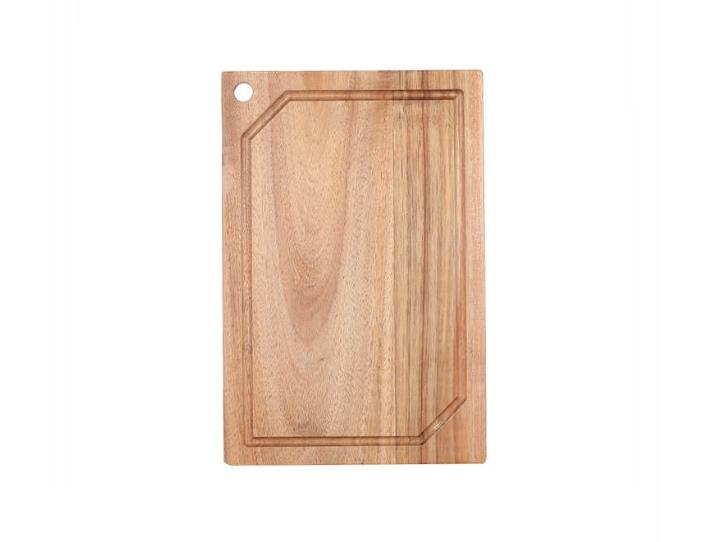
It is important to maintain wooden cutting boards correctly. Cleaning and caring for them ensures that your cutting boards remain in good condition for a longer period of time.
However, you can always get cutting boards made up of materials other than wood or marble. These are rubber, granite, and bamboo. Plastic cutting boards may be cheaper and easier to find, but they are not the most ideal.
The best material for a cutting board is one that is tough, durable, anti-bacteria, and easy to maintain without damaging or dulling knives. By offering your clients the best options for cutting boards, you help them make better kitchen investment choices.
Buy Wholesale Cutting Boards and Start Scaling up with Us Today
Contact us and connect with a sales rep to get a free quote.
Key takeaway
Marble cutting boards are good choices when you or your clients are looking for strong, aesthetically pleasing pieces for charcuterie boards, but most definitely not cutting boards.
Marble cutting boards will last for decades and require very little maintenance. This is especially true in the case of high-quality ones.
One thing to keep in mind when purchasing marble cutting boards is to always make sure that they are polished naturally. This helps to keep the food safe from possible contamination from chemical treatments and sealants.
With these principles in mind, LeeKnives has been passionately making knives and cutting boards for over two decades with a focus on bespoke quality for their clientele and end users.
We help business owners shape their unique shop offerings through our wide selection of top-quality knives and kitchen accessories for wholesale and private label specifications. Ready to sharpen your business options? Let’s talk!
